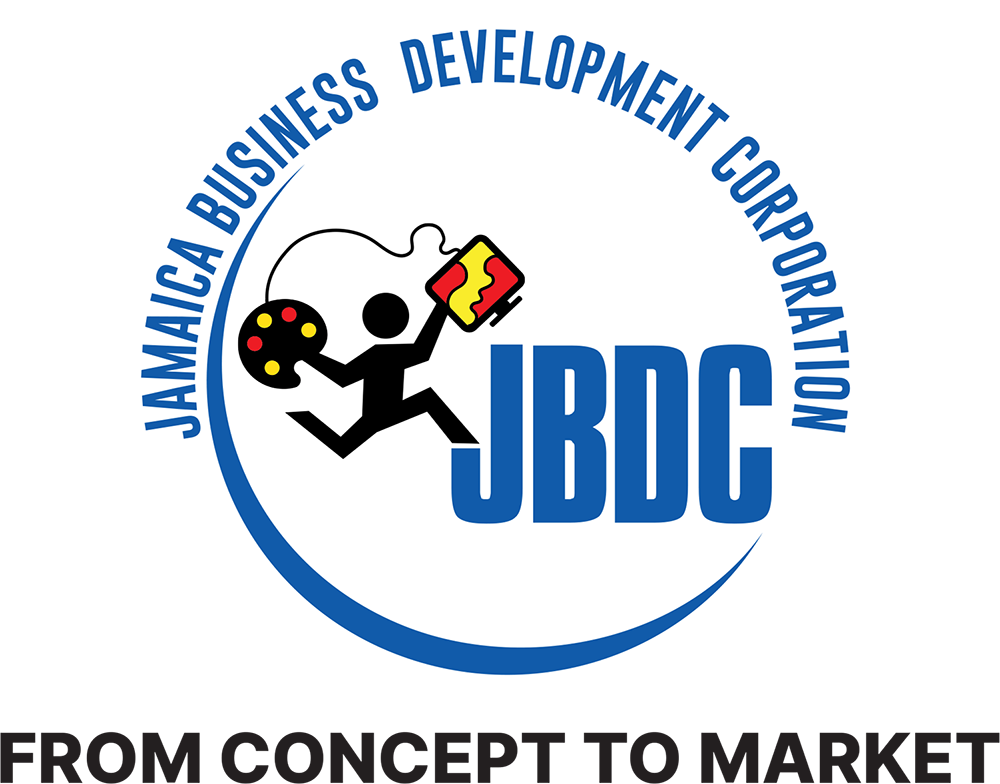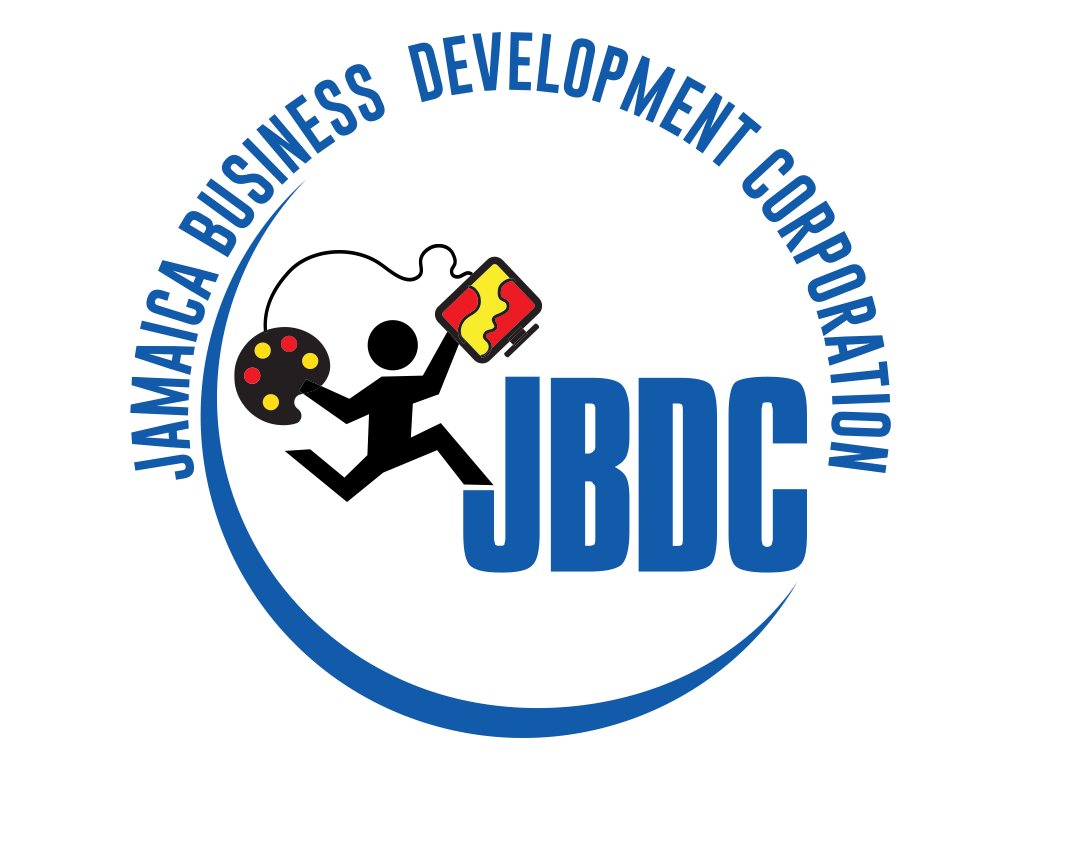The future of business is digital. In the past few years, we have seen the business landscape evolve in a way that we have never experienced. With technology advancing at an unprecedented rate, businesses of all sizes are navigating through this digital era, striving to understand and implement these concepts to stay competitive and relevant. The concepts of digitisation, digitalisation and digital transformation are at the forefront of the technological changes reshaping the business world. But what exactly do these terms mean, and how do they differ? The Entrepreneur Weekly dives deeper!
“Digital transformation marks a radical rethinking of how an organisation uses technology, people, and processes to fundamentally change business performance,” says George Westerman, MIT principal research scientist and author of Leading Digital: Turning Technology into Business Transformation. He added that, “Fostering a culture of continuous learning is a secret weapon in the realm of digital transformation”.
Digitisation, in its broad sense, is the process of converting information from a physical format into a digital one. This means taking analogue information like text, photographs, or voice and encoding it into zeroes and ones so computers can store, process, and transmit such information. For instance, converting a paper document into a PDF or a photograph into a digital file represents digitisation. It’s primarily about making information more accessible and easier to share, without fundamentally changing the process.

Digitalisation, on the other hand, delves a bit deeper. It refers to the use of digitised information to simplify and improve business processes. It’s about leveraging digital data and technologies to transform business operations, creating new or modifying existing business processes, culture, and customer experiences to meet changing business and market requirements.
According to Channel Insider, “Digital transformation goes one step further than digitisation and digitalisation by using digital technologies to create new or fundamentally different business models. As an example, Uber and Airbnb created entirely new businesses by leveraging digital technologies.”
All three processes are similar in that they (1) leverage technology, (2) improve productivity and efficiency, and (3) utilise data to drive decision-making and actions.
Channel Insider explains that they differ in (1) scope, (2) impact level and (3) end goal.
- Scope: Digitisation focuses on data conversion. Digitalisation is about improving processes with digital solutions, while digital transformation is leveraging tech for a total organisational overhaul.
- Impact Level: Often, digitisation is a task-level change. Digitalisation impacts operations processes, whereas digital transformation is a strategic shift.
- End Goal: Digitisation aims to make data more accessible. Meanwhile, digitalisation targets operational efficiency. Digital transformation, on the other hand, aims at complete organisational transformation.
BENEFITS OF DIGTAL TRANSFORMATION FOR ENTREPRENEURS
According to Forbes, though digital transformation is a continuous journey, the benefits are endless:
- Boosting efficiency and productivity: Digital tools and technologies streamline business processes, automate repetitive tasks, and, as mentioned above, provide real-time data and analytics. This improves operational efficiency and enables employees to focus on revenue-generating activities, resulting in increased productivity.
- Extending your market reach: Digital platforms and online marketplaces enable you to reach a broader customer base outside your local market.
- Saving money: Adopting digital solutions can help you reduce operational costs. Automating manual processes can lower your overhead. Using cloud-based services is less costly than investing in expensive hardware and software. And digital marketing, particularly social media, is typically far less expensive than traditional advertising methods.
- Becoming more agile and flexible: Digital technologies let you quickly respond to market demands, implement changes, and experiment with new ideas.
- Enhancing collaboration and communication: Digital communication and collaboration tools for tasks like video conferencing and project management are especially important if your business is virtual or hybrid.

The Jamaica Business Development Corporation (JBDC), through the multi-sector Digital Jamaica project is driving digital transformation in the Micro, Small & Medium-sized Enterprises (MSME) sector. Funded by the European Union, Digital Jamaica, which was officially launched in October 2023, aims to increase access to and use of information and communication technologies (ICT) to support the country’s transition to a digital economy and society.
In this regard, capacity building training along with appropriate resource materials will be provided by the JBDC, as well as its Small Business Development Network (SBDC) to enable them to conduct a series of specialised MSME training activities. Resource materials will include curricula and training manuals. JBDC is digitally transforming business ‘From Concept to Market’. Visit www.jbdc.net to register to become a JBDC client.
Author








